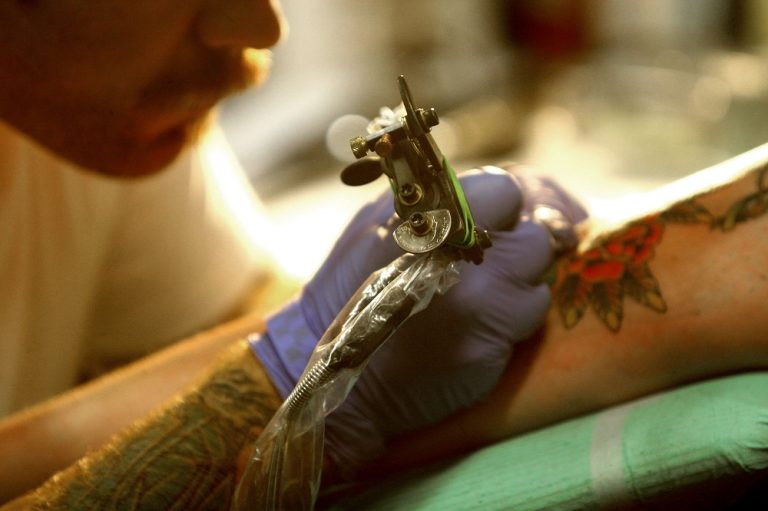Co-occurring conditions like depression, anxiety, trauma, and bipolar disorder significantly increase relapse vulnerability when left untreated. Symptoms of these conditions often preceded substance use as people attempted to self-medicate psychological distress. Learning to experience joy and celebration without substances represents an essential recovery skill that improves with practice and support. This trigger often involves healthcare settings where medications might be prescribed, creating complex situations where legitimate pain needs might conflict with recovery needs.
Examples of external triggers like environments and people
Nội dung chính
It can begin with an emotional relapse, followed by mental and then physical relapses. Awareness of thoughts, feelings, and behaviors can be indicators of where someone is and what they may need regarding recovery. Finding new interests or hobbies is a great way to stay busy and distracted from cravings. Whether painting, playing an instrument, or joining a sports team, new activities can help you fill the void left by substance use.
Addiction and Mental Health Treatment Programs
Now that you have identified a list of triggers, take a moment to determine which emotions and feelings were activated and the emotional state you reached. Remember, emotions and feelings when activated can quickly move individuals to unhealthy behaviors if unregulated. Surrounding yourself with supportive people during your recovery can make a huge difference in your ability to manage triggers.

How to Recognize Internal vs External Relapse Triggers
- Addiction recovery is a complex and ongoing process that requires a deep understanding of the underlying factors that contribute to relapse.
- Emotional relapse occurs when a person’s emotional state begins to deteriorate, and they are unable or unwilling to address negative emotions such as anger, stress, sadness, or anxiety.
- Alternatively, it might require using strategies such as diverting your attention, reaching out for help, or engaging in mindfulness exercises when confronted with a potential trigger.
- During recovery, each person will encounter triggers that could result in relapse.
Avoiding all of your triggers isn’t always an option, but running into one when you’re going about your daily business doesn’t necessarily have to trigger a relapse. Reminiscing about or dwelling on memories of past substance abuse is one of the brightest red flags in terms of triggers and relapse. If you find yourself stuck thinking about drugs or alcohol, it’s time to get your support system involved. Talk to a counselor, supportive friend or your sponsor to help remind you why you’ve chosen recovery. At Pathways Recovery Center, we’ve seen firsthand how identifying and preparing for potential triggers can make the difference between sustained sobriety and setback.

We understand that each individual has unique needs, and we offer a variety of treatments, including partial hospitalization programs (PHPs) and intensive outpatient programs (IOPs). Contact AToN Center today to learn more about our luxury non-12-step rehab in San Diego and how we can help you or your loved one find lasting sobriety. Having a plan to get through times when cravings are triggered can help avoid relapse. There are many triggers in each category that were not mentioned, but once you have identified your triggers, use some tools like the thought records or talk to someone. If you are in a self-help program, ask for help in a meeting or with a confidant.

You may plan to leave the situation immediately or have a sober friend with you to keep you accountable. There are different models and techniques to include in your relapse prevention plan. They’re based on building your knowledge and skills to combat substance use. Write down things that have helped you stay sober on your recovery journey.
- Locations where previous substance use occurred are common external triggers.
- Emotions like sadness, anger, loneliness, shame, and boredom frequently trigger relapse.
- Did you know that about twenty percent of relapses happen because of social pressure?
- If you don’t replace the behavior with something that meets the same need, you’ll fall back into old patterns.
How to address financial challenges caused by addiction
The triggers listed above might not apply to everyone and could vary depending on individual circumstances. Learning your own specific triggers can be important in relapse prevention planning and can help you manage cravings and triggers when they occur. Inpatient rehab is Drug rehabilitation needed when addiction disrupts daily functioning, poses health risks, or when previous outpatient efforts have failed. Structured residential treatment becomes essential for users facing intense withdrawal symptoms, co-occurring mental health disorders, or unsafe living environments.
Defining Addiction Triggers
Exposure to certain environments, types of relapse triggers such as bars, clubs, or even family gatherings, might evoke memories of previous substance use. Similarly, individuals closely tied to past addictive behaviors, such as old drinking buddies or enablers, can serve as potent triggers. Beyond external circumstances, internal states like loneliness, boredom, anger, or even excitement can also function as significant triggers. Regularly reviewing and updating this plan helps it remain effective and relevant.







